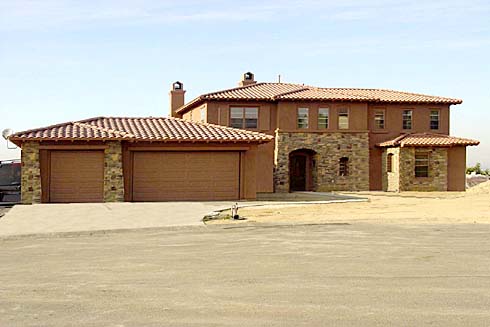FINANCING PACKAGE
In the realm of real estate development and investment, the financing package represents the cornerstone of funding for a project, encompassing the diverse array of loans utilized to facilitate the acquisition, construction, or development of properties.
This comprehensive financial framework plays a pivotal role in shaping the viability and success of real estate endeavors, underscoring the significance of understanding the components and implications of a financing package.
Components of a Financing Package
Acquisition Loans:
These loans are utilized to finance the purchase of real estate assets, providing the initial capital required to secure properties for development or investment purposes.
Construction Loans:
Essential for development projects, construction loans furnish the necessary funds to cover the costs associated with building or renovating properties, including materials, labor, and other construction-related expenses.
Permanent Financing:
Once a project reaches completion, permanent financing, often in the form of long-term mortgages, replaces the interim financing used during the construction phase, providing a stable source of capital for the property's ongoing operation and ownership.
Mezzanine Financing:
In some cases, mezzanine financing may be incorporated into the package, offering a hybrid of debt and equity to bridge the gap between senior debt and equity financing. These loans typically carry higher interest rates but can be instrumental in funding complex real estate transactions.
Implications and Considerations
Risk Management:
Crafting a well-structured financing package involves careful risk assessment and management, ensuring that the project's financial obligations are aligned with its revenue-generating potential and market dynamics.
Leverage and Return:
By leveraging borrowed capital through a diverse financing package, investors and developers can optimize their return on investment, harnessing the benefits of financial leverage to amplify the potential profitability of their real estate ventures.
Leverage and Return:
By leveraging borrowed capital through a diverse financing package, investors and developers can optimize their return on investment, harnessing the benefits of financial leverage to amplify the potential profitability of their real estate ventures.
Market Conditions:
The terms and conditions of the financing package are influenced by prevailing market conditions, interest rates, and the overall economic climate, necessitating a keen understanding of these factors to secure favorable financing arrangements.
Conclusion
In the dynamic landscape of real estate development and investment, the financing package stands as a linchpin, serving as the comprehensive ensemble of loans that fuels the acquisition, construction, and operation of properties. By comprehensively understanding the components, implications, and considerations associated with a financing package, stakeholders can navigate the complexities of real estate financing with confidence, strategically leveraging borrowed capital to unlock the full potential of their projects and investments. As such, the art of structuring a robust and well-aligned financing package remains an integral aspect of achieving success and sustainability in the vibrant world of real estate.
MORE REAL ESTATE TERMS
A, B, C, D, E, F, G, H, I, J, K, L, M, N, O, P, Q, R, S, T, U, V, W, X, Y, Z
Featured New Home

Featured Mortgage Brokers
- MOVEMENT MORTGAGE LLC, CHARLOTTESVILLE, VA
2271 SEMINOLE LN
CHARLOTTESVILLE, VA 22901 - CARRINGTON MORTGAGE SERVICES LLC, SANTA ANA, CA
1610 E SAINT ANDREW PL STE B-1
SANTA ANA, CA 92705 - OPEN MORTGAGE LLC, CORONA, CA
1840 ROCKCREST DR
CORONA, CA 92880 - PINNACLE CAPITAL MORTGAGE CORPORATION, BELLEVUE, WA
2800 NORTHUP WAY STE 220
BELLEVUE, WA 98004 - GENERATION MORTGAGE COMPANY, HILO, HI
1257 KILAUEA AVE STE 30
HILO, HI 96720